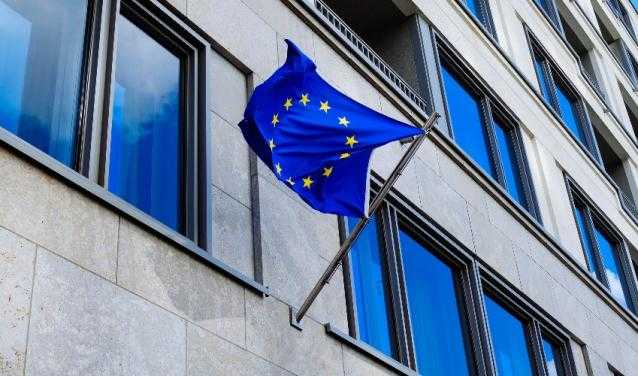Home>"The EU as a Global Actor" in a Divided World

16.12.2021
"The EU as a Global Actor" in a Divided World
In anticipation of France’s six-month presidency of the European Union that will take effect this 1 January 2022, Emmanuel Macron recently laid out new objectives for the future of European cooperation. To consider the subject in depth, Sciences Po’s Centre for European Studies and Comparative Politics cohosted a two-day conference on December 9th and 10th with the Trans European Policy Studies Association (TEPSA) to discuss “The 2022 French Presidency of the Council of the European Union” and the direction that the European Union may take in the coming months.
“The EU as a Global Actor” was one of the six panel discussions organised in the context of the conference. In his opening statements, TEPSA’s Secretary-General Jim Cloos asked the three experts assembled—Jagiellonian University’s Magdalena Gora, Sciences Po and CERI’s Christian Lequesne, and the Istituto Affari Internazionali’s Nicoletta Pirozzi—as well as an attentive audience, “What does the EU have to do to become a global actor? What can the French presidency do in this direction? Where should the EU be on the global chess board?” To these, we may add one more question in the context of France’s impending presidency: What role does France have to play in the future of the European Union?
“Relaunch, Power, and Belonging”: The Trajectory of the EU Under the French Presidency
Christian Lequesne began by situating the discussion, reminding the audience of the upcoming French presidency of the European Union’s slogan: “Relaunch, Power, and Belonging”. According to him, this phrase is linked to the question of strategic autonomy and expresses France’s willingness to overtly discuss the concept of power (as opposed to other European countries who tend to be more reluctant).
Additionally, he went on to note, there has been a shift from a purely French sense of national autonomy, to a more wide definition of autonomy linked with European identity. This autonomy, he says, will likely be employed by France in the coming months—especially when it comes to trade relations with China.
“Sovereignty” or “Autonomy”: A Linguistic View of Europe
The conversation then took a linguistic turn, discussing divergences created by use of the term “European Sovereignty” first coined by Emmanuel Macron in 2017, and then exchanged for the more tempered “European autonomy”.
According to Christian Lequesne, the term “sovereignty” has caused significant divisions between EU member states due to interpretative differences—for example, Polish actors use it to discuss nationalist protectionism, German moderates back what he termed “segmented sovereignty”, etc...
Ultimately, interpretation of this word “sovereignty” linked back to perceptions of the European Union as a whole, indicating the member state’s stance toward the European project.
The Need to Establish Common Ground in an Increasingly Fragmented Europe
The three experts in discussion came together to agree that fragmentation and nationalist tendencies among member states comprise a significant threat to European unity. As Magdalena Gora noted, “If we allow groups to form… we should be very aware of the fact that this diminishes unity.” Christian Lequesne confirmed this idea, taking it a step farther by saying that “in terms of efficiency, differentiation is appropriate for foreign policy, but there is a risk of disunity and creating mistrust which is very bad for the general debate between member states.”
As the discussion drew to a close, Nicoletta Pirozzi proposed that “a more constructive dialogue” be established, in which member states “try to find common positions”. In her view, it takes strategic convergence, political commitment, and adequate capabilities for the EU to be relevant on the global stage. In addition, she affirmed—along with the other members of the panel—that maintaining cooperation in an increasingly fragmented Europe divided by the rise of populism should be a priority moving forward.
The Sciences Po Editorial Team